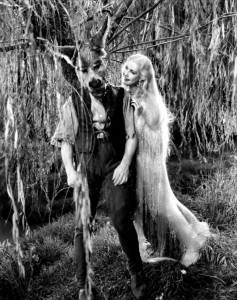Part of the problem with teaching is that you almost never see results. Yes, there are tests and all that sort of thing, but you do not “see” things as you do when you shovel snow or mow the lawn, which is what made those activities so appealing for me. And yes, you do run into former students who let you know that they liked you and your course, and that they had learned from you. In one case, I met a young man who had been one of my students at Junior High School 52, a student whose mother had questioned the “B” I had given him, and he thanked me for teaching him English grammar, which, it seems, was highly useful in college, where none of his classmates knew it, although they were language students. He also thanked me for teaching him never to go anywhere without a book, a Levy practical suggestion for better living that he had completely adopted. It is difficult to tell what students actually learn, but they do seem to remember you long after you have forgotten them.
Sometimes the spark of recognition goes on in strange places. In one case, as I was about to pay my tunnel toll at the Holland Tunnel, the red lights went on in all the lanes and a policeman walked towards me quite ominously. I wondered what I had done this time to cause this traffic jam, and rolled down my window, as the cop approached. He leaned down towards me to bring his face level to mine and said, “Hi, Mr. Levy! Do you remember me from class . . .” I must confess, I didn’t recognize him, although at the time I made some mumbling noise signifying assent, without outright lying, to hide the inadequacy of my lazy memory.
On another occasion I was hiking in the Maine woods with my family, when a cheery voice rang out behind me, “Mr. Levy! Mr. Levy!” and as the young man pulled up to me, we had a conversation similar to the one I’d had at the Holland Tunnel. Did I remember him?
Besides simple recognition years later, there are also secret pleasures available to teachers not available in any other profession, moments of clarity when you are impressed by what you have wrought. One such event occurred in the basement of Bayard Rustin High School for the Humanities (quite a mouthful that!) The basement was being used for classes, and as I made my way to my own classroom I came across a loud argument between a boy and a girl. They were completely indifferent to the people around them, busy as they were shouting at each other. I was trying to decide whether or not I should intervene, when a girl in one of my classes passed by and said with a little shake of her head, “The course of true love never did run smooth.” She had just made my day. It was a quote from “A Midsummer’s Night Dream,” which we had been studying, and she had found exactly the right spot to use it. So, sometimes teachers do see the results of their work, and those moments make all the doubts, control problems, and bureaucratic nonsense worthwhile.



Hello, I just hopped over to your webpage thru StumbleUpon. Not somthing I might usually browse, but I enjoyed your views none the less. Thanks for creating something worthy of reading through.